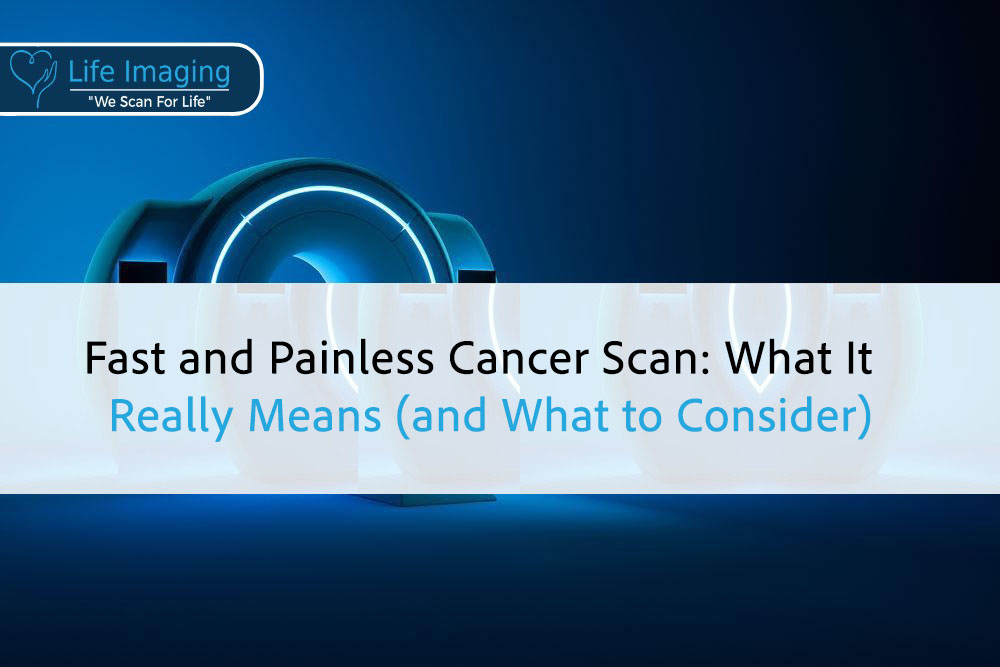
Fast and Painless Cancer Scan: What It Really Means (and What to Consider)
Fast and Painless Cancer Scan: What It Really Means (and

Cancer is a serious and often life-threatening disease that can affect any part of the body, including the abdomen. Abdominal cancers can develop in organs such as the stomach, liver, pancreas, and intestines. Detecting these cancers early can make a big difference in the outcome and quality of life for those affected.
One way to catch abdominal cancers early is through abdomen screening. Screening tests can spot cancers before symptoms even begin. This means treatment can start sooner, improving the chances of successful recovery. Understanding the role of abdomen screening in preventing and detecting cancer is important for everyone, especially those at higher risk.
Early detection is key—abdominal cancers often show no symptoms in their early stages, making regular screening crucial. With that in mind, we’ll explore what abdomen screening is, the different types of tests available, and the benefits of getting screened. We’ll also discuss who should consider screening, how to prepare for it, and what to expect during the test. Recognizing the importance of these screenings could be a life-saving decision.
Abdominal cancers affect various organs within the abdomen. These cancers can include:
1. Stomach Cancer: Found in the lining of the stomach, usually develops slowly over many years.
2. Liver Cancer: Starts in the liver cells and is more common in people with chronic liver diseases.
3. Pancreatic Cancer: Often detected late because it doesn’t cause symptoms early on.
4. Colorectal Cancer: Affects the colon or rectum and is one of the most common types of cancer.
5. Kidney Cancer: Develops in the kidneys and is often found incidentally during imaging tests for other reasons.
The prevalence of these cancers varies. Colorectal cancer is one of the most common, while pancreatic cancer is less common but highly deadly. Understanding the different types of abdominal cancers helps in recognizing the importance of early detection and prevention.
Abdominal cancers often progress without noticeable symptoms. However, as the disease advances, you may experience:
1. Abdominal Pain: Persistent pain or discomfort in the belly area.
2. Bloating: Feeling full or swollen in the abdomen, often after eating small meals.
3. Nausea and Vomiting: Frequent feelings of nausea or episodes of vomiting.
4. Unexplained Weight Loss: Losing weight without trying, which can be a sign of serious health problems.
5. Changes in Bowel Habits: Diarrhea, constipation, or changes in stool consistency.
Other symptoms might include difficulty swallowing, jaundice (a yellowing of the skin and eyes), and fatigue. If you experience any of these symptoms, it’s essential to see a doctor. Early detection through screening can identify issues before they become severe.
Certain factors can increase your risk of developing abdominal cancers. These include:
1. Age: The risk of abdominal cancers increases as you get older.
2. Family History: A family history of cancer can elevate your risk.
3. Lifestyle Choices: Smoking, heavy alcohol use, and poor diet can contribute to cancer risk.
4. Chronic Health Conditions: Conditions such as liver disease, inflammatory bowel disease, and diabetes.
5. Obesity: Being overweight can increase the risk of various cancers, including those in the abdomen.
By recognizing these risk factors, you can take steps to lower your chances of developing these cancers. This might include leading a healthier lifestyle, getting regular check-ups, and discussing screening options with your doctor.
Early detection of abdominal cancers significantly improves the chances of successful treatment. Here’s why it’s so important:
1. Better Treatment Outcomes: Cancers caught early usually have more treatment options and better results.
2. Less Aggressive Treatments: Early-stage cancers often require less intensive treatments, leading to fewer side effects.
3. Improved Survival Rates: Survival rates are higher for cancers detected early, before they spread to other parts of the body.
4. Quality of Life: Early treatment can mean a quicker return to normal activities and better overall well-being.
Regular abdomen screening is a powerful tool in detecting cancer at an early stage. By catching issues before they become serious, you can greatly improve your chances of recovery and maintaining a good quality of life.
Abdomen screening involves various tests to examine the organs within your abdominal cavity. These tests help to detect conditions like cancer early, even before symptoms appear.
Screening can be performed using several different technologies. The goal is to find any abnormalities that could indicate cancer or other serious health issues. Early detection allows for timely treatment, which can improve outcomes and potentially save lives.
Screening isn’t just for those with symptoms. It is also recommended for people at higher risk, such as those with a family history of cancer or certain lifestyle factors. Understanding what abdomen screening involves can assist you in making informed decisions about your health care.
Several types of screening tests can detect abdominal cancers. Each type has its advantages:
1. Ultrasound: Uses sound waves to create images of the organs. It’s non-invasive and widely available.
2. CT Scan (Computed Tomography): Combines X-ray images taken from different angles to create detailed pictures. It can detect smaller tumors that might not be visible on an ultrasound.
3. MRI (Magnetic Resonance Imaging): Uses magnetic fields and radio waves to produce detailed images. It’s especially good for soft tissues.
4. Endoscopy: Involves inserting a thin tube with a camera into the body to look at the internal organs. This is more invasive but can provide a clear view and even allow for tissue samples.
Choosing the right test often depends on your risk factors and what your doctor recommends. Each of these methods has unique strengths, making them suitable for different situations.
CT scans are one of the most effective tools for detecting abdominal cancers. Here’s how they work:
1. Detailed Images: A CT scan takes multiple X-ray images from different angles. These images are then combined to create a detailed cross-sectional picture of your abdominal organs.
2. Spotting Abnormalities: CT scans can identify very small tumors, cysts, or other abnormalities that might be missed by other tests. They are especially useful for spotting cancer in its early stages.
3. Guided Biopsies: If an abnormality is found, a CT scan can guide a needle biopsy to collect tissue samples. This helps in confirming whether the abnormality is cancerous.
4. Monitoring Progress: Once cancer is detected, CT scans can track the size and spread of tumors during and after treatment.
CT scans provide a comprehensive view of the abdomen, making them essential for both diagnosis and treatment planning.
Regular abdomen screening offers several benefits:
1. Early Detection: Finding cancer early increases the chances of successful treatment. Screening can detect tumors before they cause symptoms.
2. Improved Survival Rates: Early detection and treatment can lead to higher survival rates. The sooner cancer is caught, the better the outcome usually is.
3. Less Aggressive Treatments: Early-stage cancers may require less invasive treatments, reducing side effects and recovery time.
4. Peace of Mind: Knowing that you are keeping an eye on your health can provide peace of mind. Regular screenings can help catch issues before they become serious.
5. Better Monitoring: For those already diagnosed with cancer, regular screening helps monitor the effectiveness of treatment and catch any recurrences early.
Regular abdomen screening is a proactive approach to health care, aiming to catch problems early and manage them effectively.
Abdomen screening is crucial for detecting cancers early. Knowing who should be screened helps prevent potential health issues.
1. Family History: If abdominal cancer runs in your family, screening is vital. It helps catch early signs of cancer.
2. Age Factor: People over the age of 50 are at higher risk for abdominal cancers.
3. Chronic Health Issues: Conditions like Crohn’s disease or ulcerative colitis increase the risk of developing abdominal cancers.
4. Previous Cancer: If you’ve had cancer before, regular abdomen screenings are essential to monitor for new developments.
If you belong to any of these groups, abdomen screening could be a preventive measure to ensure better health.
Proper preparation for an abdomen screening test ensures accurate results and a smooth process. Here are some tips to get ready:
1. Medical Records: Prepare a list of your medical history, including current medications and past surgeries. Share this with your doctor.
2. Follow Fasting Instructions: You may be asked to avoid food and drinks for several hours before the test. Follow your doctor’s instructions carefully.
3. Wear Comfortable Clothes: Opt for loose-fitting clothing on the day of the test. You might need to change into a hospital gown.
4. Avoid Jewelry: Remove any metal items as they can interfere with the imaging process.
Being well-prepared helps ensure the screening is quick and accurate.
Knowing what to expect during an abdomen screening can help put you at ease. Here’s a breakdown of the process:
1. Check-In: When you arrive, you’ll check in and may be asked to change into a hospital gown.
2. Getting Ready: You’ll lie on a table that slides into the imaging machine. The technician will position you to get the best possible images of your abdomen.
3. Scanning: The machine will take detailed images of your abdomen. You’ll need to stay very still during the scan to ensure the images are clear.
4. Breath-Holding: The technician may ask you to hold your breath for a few seconds at a time to capture the best images.
Technician Guidance: The technician will provide instructions and can answer any questions you have during the scan.
The entire process usually takes only a few minutes. Once it’s done, you can typically resume normal activities immediately.
Interpreting your abdomen screening results is the next critical step. Here’s how to understand what your results mean and what you should do next:
1. Normal Results: If no abnormalities are found, it means your abdomen is healthy. Your doctor may recommend routine screenings in the future.
2. Abnormal Results: If any abnormalities are detected, it doesn’t always indicate cancer. Further tests might be needed to identify the issue.
3. Follow-Up Required: Sometimes, unclear results may necessitate additional tests for confirmation.
Understanding your results helps you make informed decisions regarding your health and the necessary steps to take next.
Regular abdomen screening is essential for early detection of abdominal cancers, increasing the chances of effective treatment. It’s important for high-risk groups, including those with a family history of cancer, chronic health issues, or persistent symptoms, to consider screening.
Proper preparation for the test ensures accurate results, and knowing what to expect during the procedure can ease any anxiety. Understanding your screening results with the help of your doctor allows you to take informed actions. Early detection through regular screenings can make all the difference in successful outcomes for abdominal cancers.
Take control of your health today by scheduling an abdomen screening in Orlando, FL, with Life Imaging Fla. Early detection saves lives. Don’t wait; prioritize your health now!

Fast and Painless Cancer Scan: What It Really Means (and
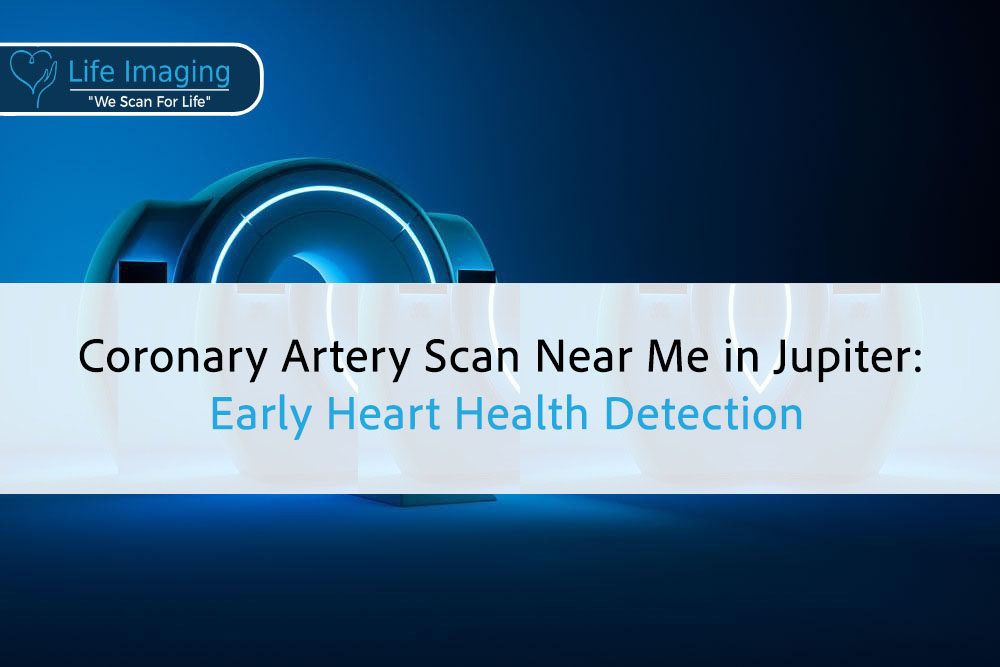
Introduction Your heart works hard every second of the day,
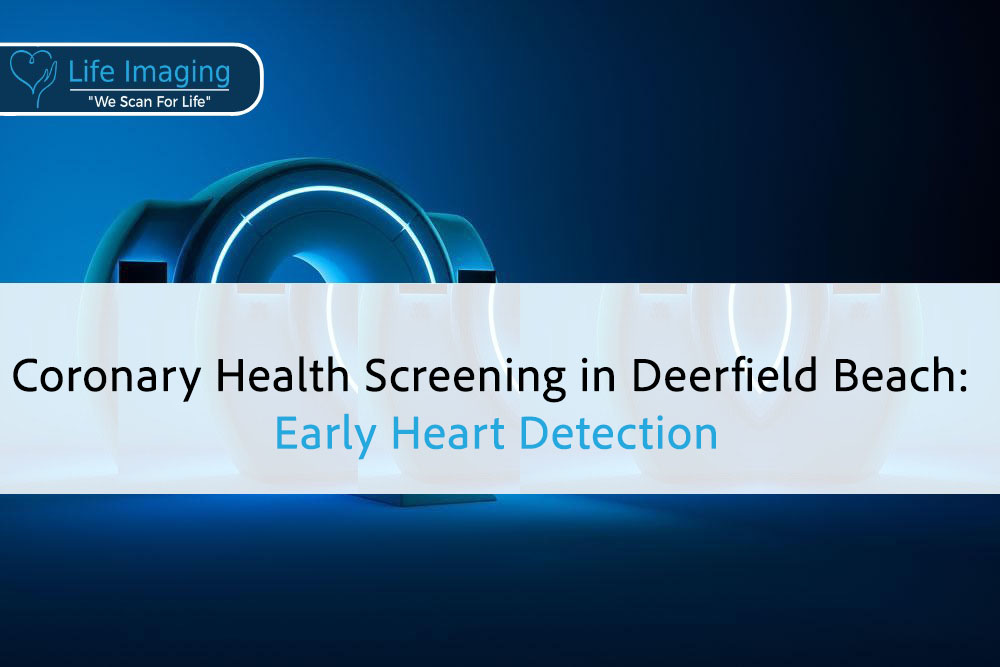
Introduction Your heart works around the clock, but changes inside
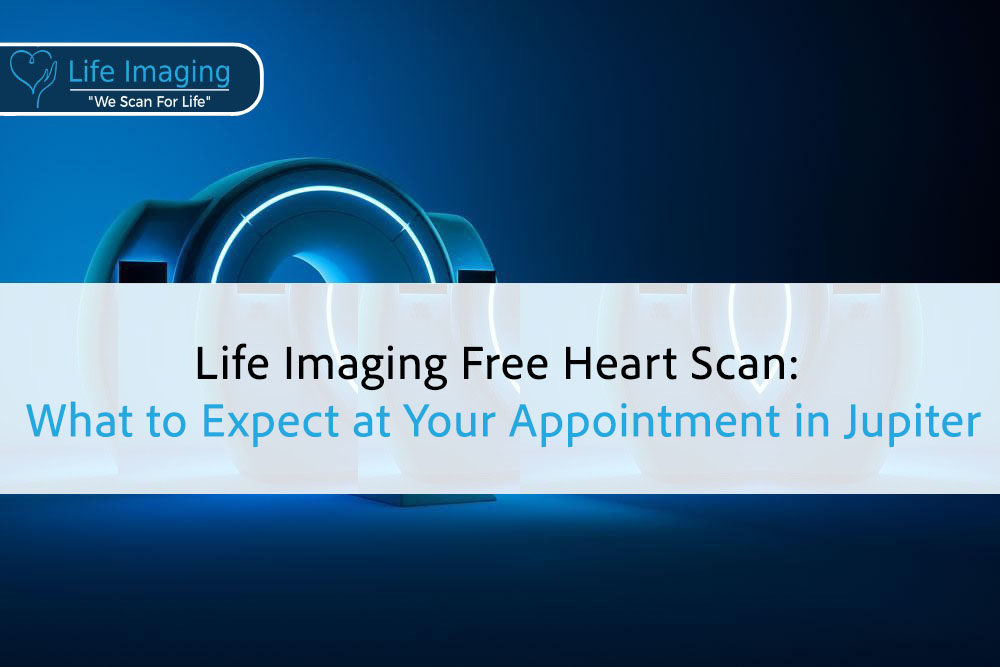
Introduction Your heart works nonstop, often without a single complaint.
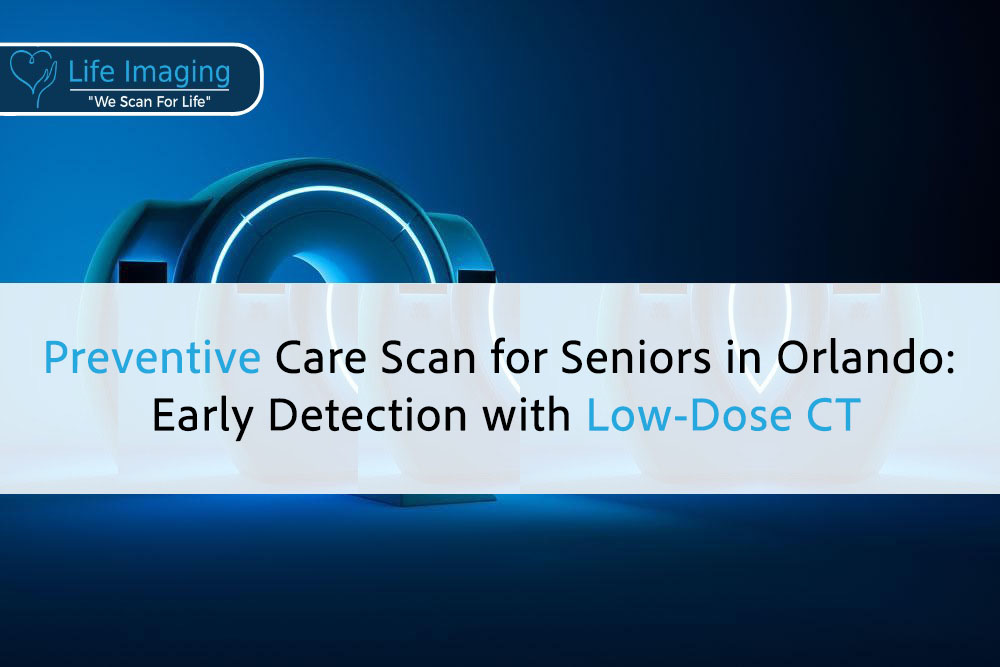
Introduction The best part of getting older is having time
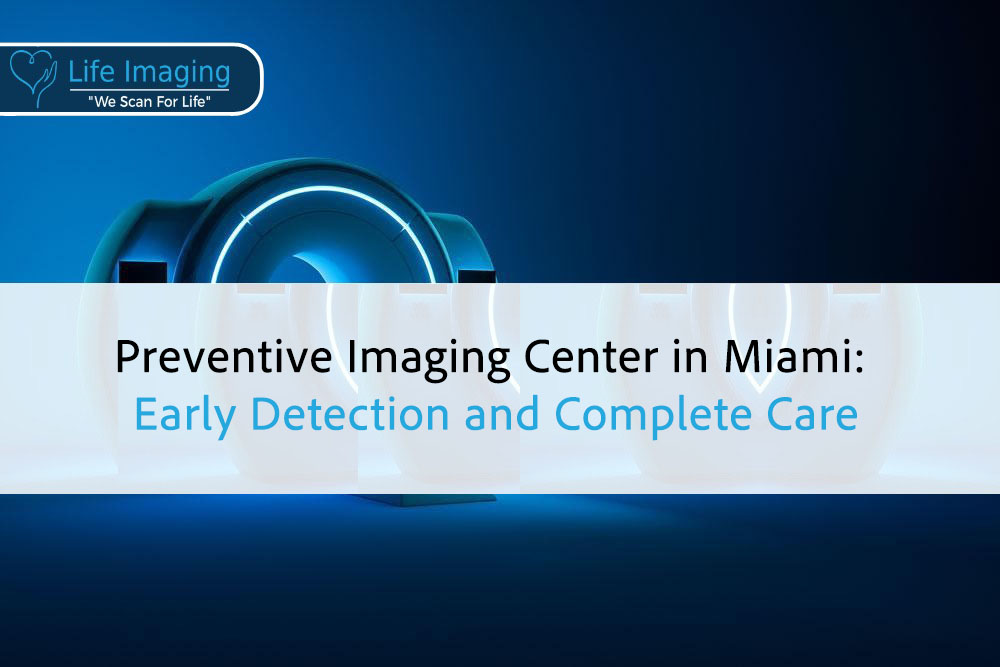
Introduction Good health isn’t just about treating problems, it’s about

* Get your free heart scan by confirming a few minimum requirements.
Our team will verify that you qualify before your scan is booked.
Copyright © 2025 Life Imaging – All Rights Reserved